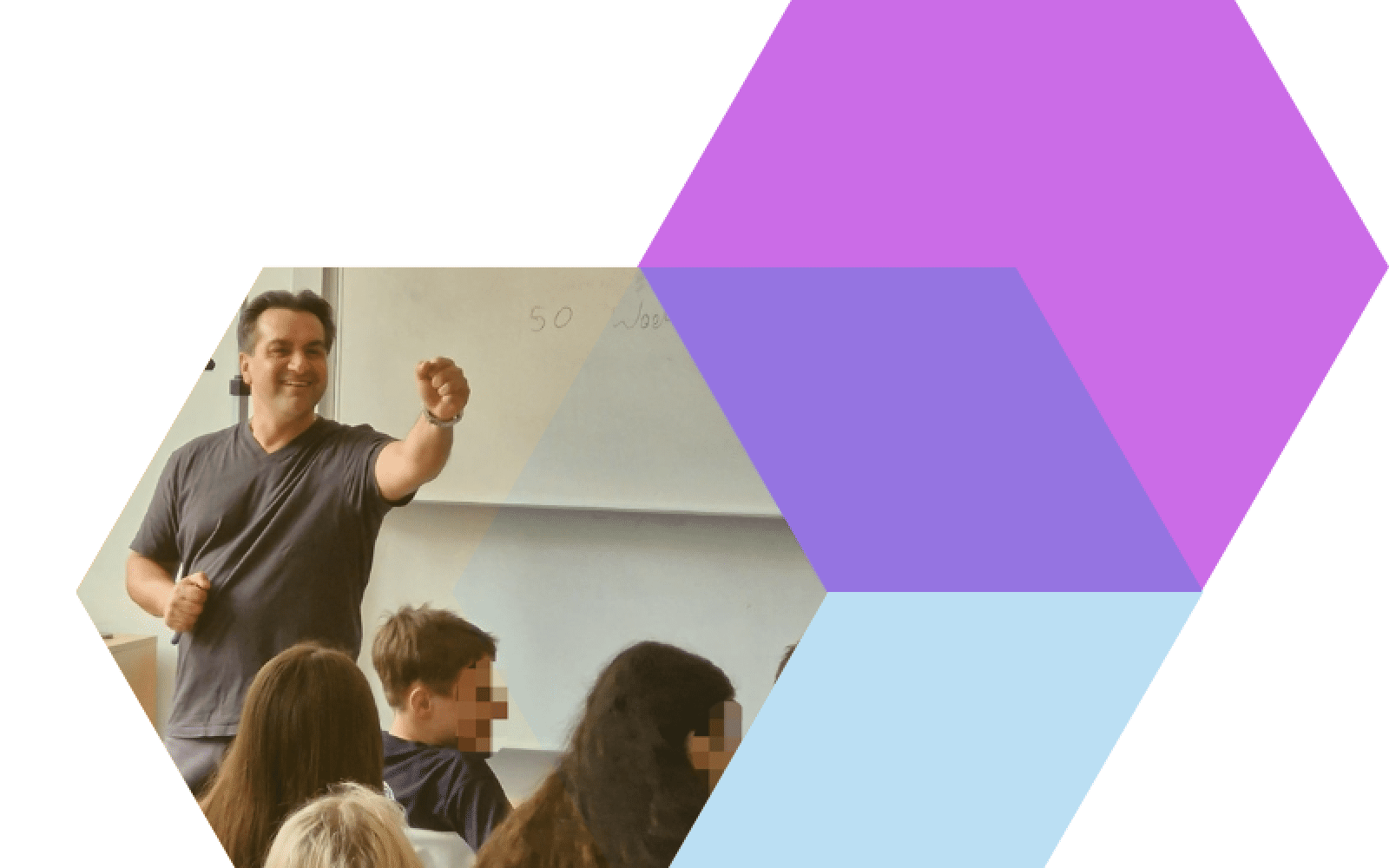Equipping the Next Generation to Propel Us Forward: The Cordes Innovation Awards and Ashoka U


The Cordes Foundation’s search for impact led it to partner with the Ashoka U program to co-develop the Ashoka U - Cordes Innovation Award for recognizing the most innovative approaches to social entrepreneurship education. The first year of “Ashoka U – Cordes Innovation Awards” were launched in February 2011.
Finalists include the Brigham Young University On Campus Internship Class, which engages up to 12 student teams each semester to work with social entrepreneurs, and the Transformative Action Institute’s curriculum, which provides training in critical qualities such as resilience, creativity, and social and emotional intelligence for thousands of students at more than 20 campuses in 40 countries.
With the Cordes Foundation’s leadership, this initiative will expand by supporting other colleges and universities to adapt award-winning programs that help accelerate growth in the field of social entrepreneurship. Recently, Changemakers talked to Ron Cordes, who is the co-founder (along with his wife Marty) of the Cordes Foundation, about his vision for the Ashoka U - Cordes Innovation Award.
Cordes serves as a regent of the University of the Pacific and chairman of the advisory board for the university’s Global Center for Social Entrepreneurship. He has a long track record in the investment industry, speaking and writing extensively about the field of impact investing, and he chairs the executive committee for ImpactAssets, a new initiative to catalyze capital for impact investments.
Changemakers: How long have you been involved in social entrepreneurship education?
Cordes: I was introduced to social entrepreneurship through the newly-formed Global Center for Social Entrepreneurship at the University of the Pacific (UOP), where I joined as a founding partner. It was hard not to notice the social conscience of the Gen Y/millennial generation, and students at UOP had an amazing passion and desire to change the world.
In partnership with the Center’s director Jerry Hildebrand, we saw a huge opportunity to channel this energy and to equip students to be effective change agents—both while in college and after they graduate. At UOP, the team initially focused on experiential opportunities for students to engage with social enterprises, both locally and globally.
The Center has operated a summer ambassador program for the last six years. More recently, they added a curriculum and certificate program in social entrepreneurship.
Changemakers: Why are you partnering with Ashoka U to take the Innovation Awards to the next level?
Cordes: Through my work at UOP, I began to recognize that the social enterprise phenomenon was occurring at dozens of colleges and universities across the U.S., but there was no coordination among the campuses to share best practices in this emerging field. When Ashoka stepped into a leadership role with the creation of Ashoka U, it seemed like the ideal vehicle to create a new collaborative platform.
So we became an early supporter of the Ashoka U Exchange, and have been proud to support the conference to bring together leaders in social entrepreneurship education in 2010, 2011, and now again in 2012. When I attended the first summit in 2010, I was overwhelmed by the incredible interest and energy from students, faculty, and administration to advance social enterprise at their institutions, and by how valuable it was to bring people together to move the field forward collectively.
At UOP, we think of the Global Center for Social Entrepreneurship as a social enterprise, and we are committed to applying the same level of innovation, and focus on results, with respect to our programs as social entrepreneurs who are doing work on the ground to solve social problems. This is why the Innovation Award is so resonant; it reflects the great work that is being done at the university level, and the promise of innovators in higher education as the drivers of high-impact programs.
Changemakers: What do you think the world will look like if all campuses have strong, thriving social entrepreneurship programs?
Cordes: The world is coming to recognize that we are not going to be able to solve our biggest and most important problems using the same solutions that have been tried over the past hundred years. We are going to rely on this next generation of leadership to propel us forward—and that next generation is now being equipped at colleges and universities around the country, and around the world.
It could be truly groundbreaking for thousands of young leaders to be inspired and equipped to find new ways to connect the social enterprise space in higher education, to move forward with new innovative initiatives.